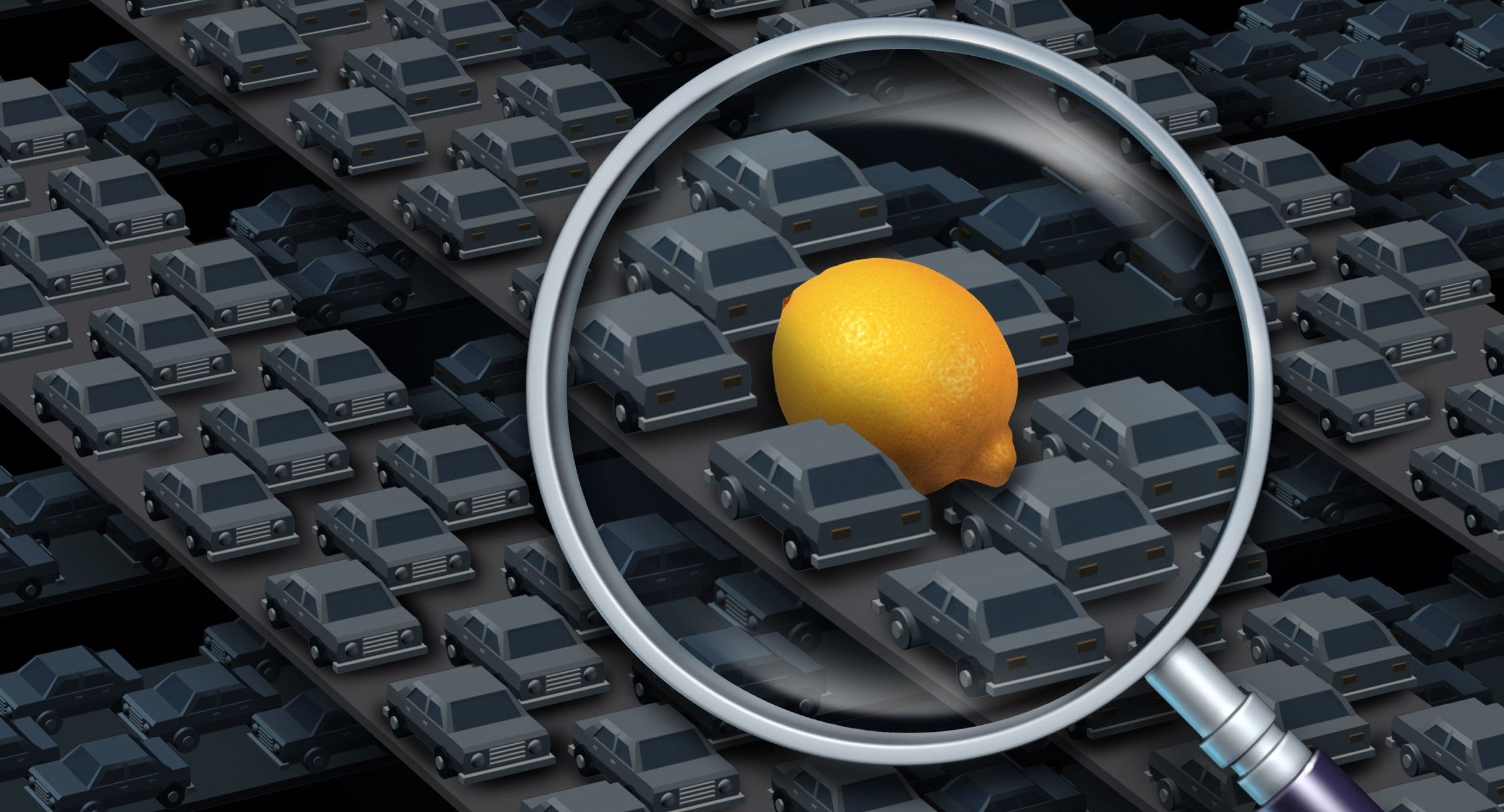Currently, in California state court, the jurisdictional limit for a limited civil case is $25,000 or less. As some of you may know, in a limited jurisdiction case discovery and other pre-trial tools are limited. For example, only one deposition is allowed. Courts presiding over limited actions have no authority to award a judgment in excess of $25,000. (Ytuarte v. Superior Court (2005) 129 Cal. App. 4th 266).
Debate has arisen regarding whether or not the limited jurisdictional limit should be raised from $25,000 to $35,000. In fact, bill SB 71 – Jurisdiction: small claims and limited civil case, prepared by Senator Umberg, recently passed the California Assembly and California Senate and is on Governor Newsom’s desk for signing. [1] Interestingly, the bill is supported by debt collectors and the Alliance for Automotive Innovation. However, consumer groups are urging Governor Newsom to veto the bill because the bill would put consumers at a disadvantage, because they are the ones who are purchasing goods and services in the mid-range of $25,000 to $35,000. Although, being passed off as a bill that’s somehow going to simplify the process for consumers, in actuality it is going to limit consumer’s ability to prove their case. Governor Newsom was expected to make a decision about whether he would veto the bill by October 14, 2023.
Arguments Against SB-71
Jim Sturdevant, a longtime consumer attorney, stated, “Sen. Umberg’s bill, as I understand it, is only supported by the California debt-collector organization,” “It’s opposed by consumer groups in California and nationwide. It’s opposed by legal-aid organizations. It’s opposed even by the Chamber of Commerce.”
As a consumer law attorney, many clients we represent have purchased a good, such as a vehicle that falls withing the $25,000.00-35,000.00 range. Moreover, a large percentage of residential solar panel systems cost less than $35,000, but the technology is complicated, there tend to be many witnesses, and documentation is spread over many entities and agencies. This law could effectively change their representation and may deter some attorneys from taking cases because of the hurdles in proving such cases. Senator Umberg states he is trying to give more consumers access to a court where they cannot be buried in discovery by large companies.
“Raising the amount on limited jurisdiction will help to ensure that resources don’t determine the outcome of litigation, but that the merits of the case have an opportunity to be heard,” Umberg explained.
However, Sturdevant countered with higher limits, there should be more depositions and questions allowed, so the consumer’s attorney can find and prove the company’s pattern of bad behavior. “Whether it’s an unlawful business practice, whether it’s an unconscionable loan contract, or some other contract that has other unconscionable terms, the consumer, represented by a lawyer, needs to have a variety of discovery measures available in order to prove the case,” Sturdevant contended.
At a hearing on SB 71, Senator Umberg incorrectly stated, “Lemon law cases are different, and certainly in a lemon law case, you can file in unlimited or limited jurisdiction…, I would guess you would file in unlimited jurisdiction so that the fees combined with whatever judgment would exceed the $35,000.” However, the jurisdictional minimum does not include attorney’s fees and costs. So, despite Senator Umberg’s statements, his lack of knowledge for the law he is proposing to change is concerning.
Who SB-71 Hurts
Michael Brooks, Executive Director of the Center for Auto Safety, stated, “If Governor Newsom signs SB71, auto lemon owners who buy defective cars in California for less than $35,000 will suddenly go from having some of the best lemon-aid in the country having some of the worst.”
Not only that, per the debt collection lab, “cases filed in California courts to collect consumer debts disproportionately burden Black and Hispanic borrowers. Findings from a new study by Claire Johnson Raba, a researcher with the Debt Collection Lab, show the impact of consumer debt cases filed across five years in four of California’s most populous counties, Los Angeles, San Bernardino, Fresno, and Santa Clara. This study identifies patterns in how creditors collect defaulted debts using the civil legal system and provides new information about the demographics of unrepresented consumer defendants in state court.” The signing of this law would disproportionately affect Black and Hispanic consumers.
Post SB-71’s Approval
We are left with the hard question: should the jurisdictional limit be raised? If it is raised, how do we protect California consumers? Much of this is still speculative in nature. However, increasing jurisdictional limits will certainly increase the amount of cases some parties will seek to remand to limited jurisdictions. Even though it may have a slight impact in the amount of cases set in unlimited jurisdiction, it will greatly reduce the way small and limited jurisdiction claims litigants can best advocate for themselves.
https://blawg401.com/raising-the-limited-jurisdictional-limit-what-could-this-mean-for-consumers/








